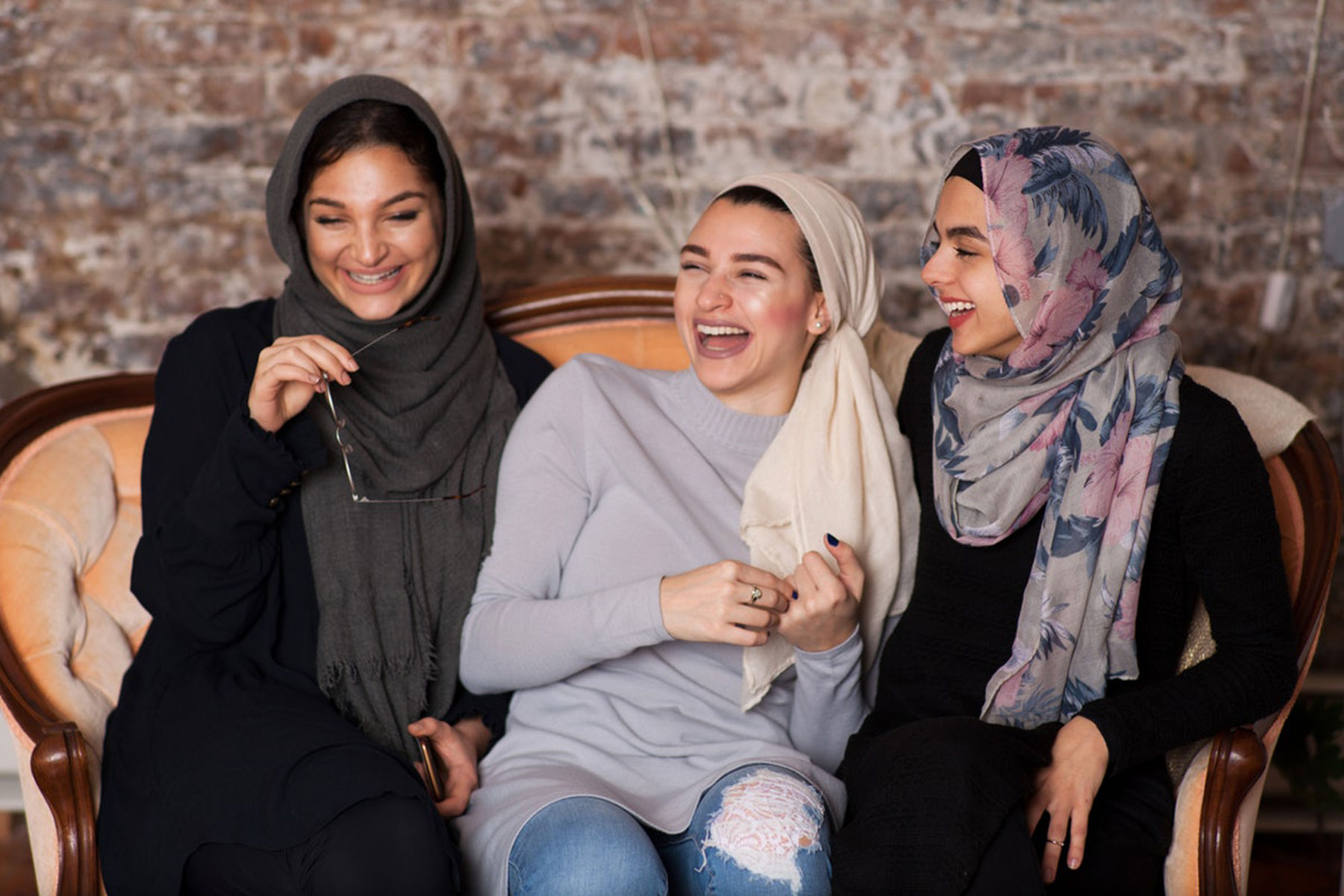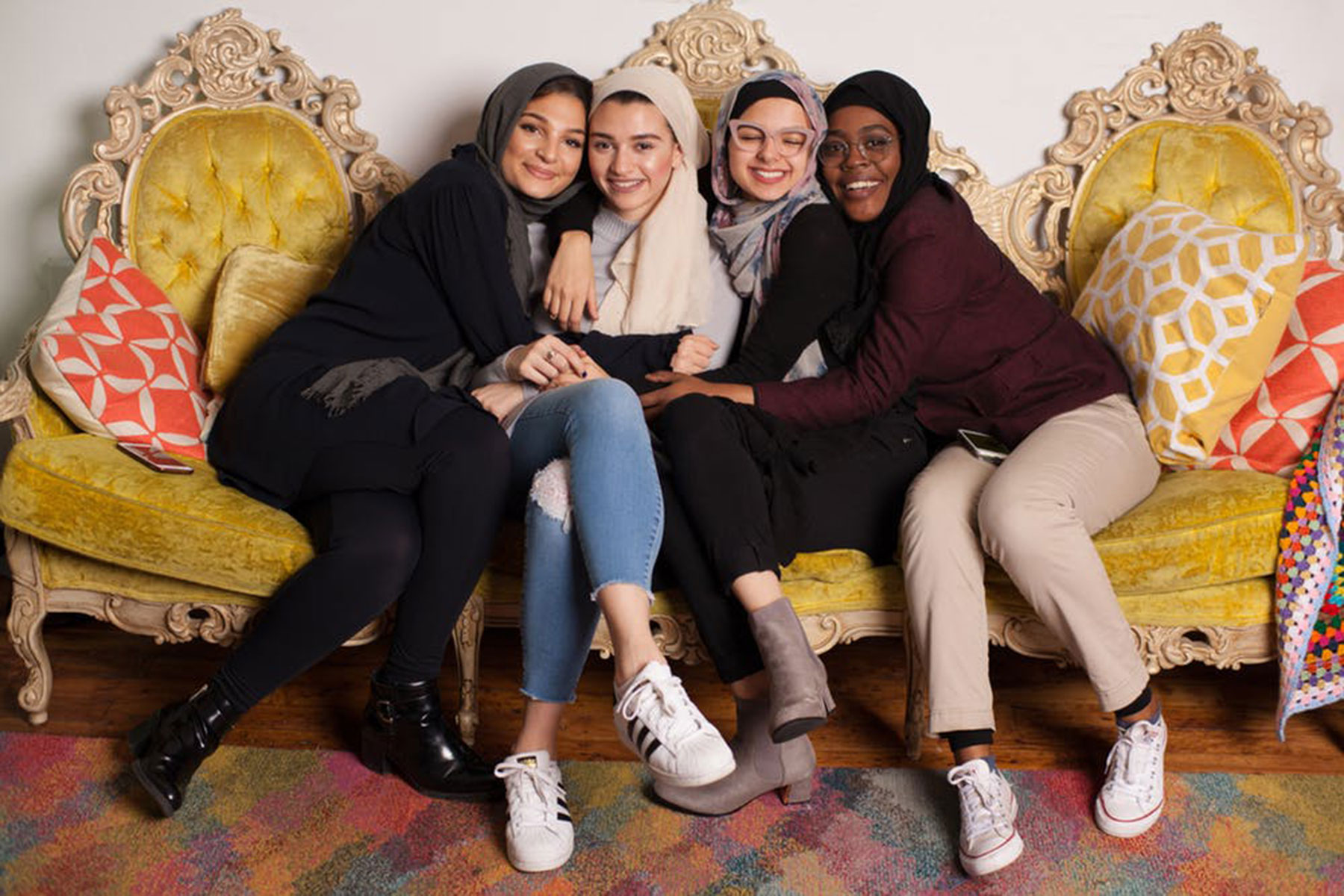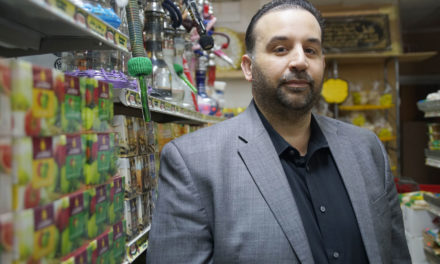
Getty Images, a world leader in visual communications, and MuslimGirl.com, the largest Muslim women’s online platform in the United States, continued its content partnership designed to change the misrepresentation of Muslim women in marketing and advertising.
Launched in 2017, both organizations have created an image library offering high quality images that authentically represent Muslim women in a fresh and contemporary light.
“One of the ways I open up my talks is by asking the audience to search ‘Muslim women’ images on their phone browsers, which is always met with their awe at the unsettling results,” says Amani Al-Khatahtbeh, founder and editor-in-chief of MuslimGirl.com. “I don’t want to be able to use that example anymore, and I could not be prouder of the relationship with Getty Images to continue such an important and influential task.”
The partnership has diversified the depiction of Muslim women online and flooded the internet with positive imagery to push back against broad misconceptions of the Islamic community. Joining the Getty Images community as a contributor, MuslimGirl.com has provided a collection of images that seeks to take back the narrative and raise the profile of the young modern Muslim woman.
“Getty Images has a deep belief in the power of visuals to incite change and shift attitudes,” said Pam Grossman, Director of Visual Trends at Getty Images. “Visual literacy is so prolific with today’s generation, that photos are now absorbed and processed with unprecedented immediacy. Positive imagery can have an impact on fighting stereotypes, celebrating diversity, and making communities feel empowered and represented in society. We’re so proud of our partnership with MuslimGirl.com to increase the visibility of these kinds of images in the world.”
Available for commercial use to encourage a more positive representation of Muslim women, images feature girls with and without a hijab, and are shown doing every day activities, at home, with friends, and in the workplace. Their style and strength is kept front and center. In each photo, they are portrayed as the protagonist to project and normalize a modern view of Muslim women today.
“Keyword searches for Muslim have gone up 107% on GettyImages.com over the past year, so it’s even more important to ensure images like these are surfaced at the top of our results,” added Grossman.
MuslimGirl has made a big push to recognize Muslim women with the campaign to mark March 27 as Muslim Women’s Day. Changing the visual story starts with changing the photos that newsrooms and marketers have to choose from.
“These photos were shot by a Muslim woman photographer and all the girls you see pictured aren’t playing dress up. They wear headscarves in their daily lives or don’t wear them; whatever their choice, these are normal looks in our everyday lives,” added Al-Khatahtbeh. “This is a direct impact on the representation of Muslim women today.”
© Photo
muslimgirl.com














